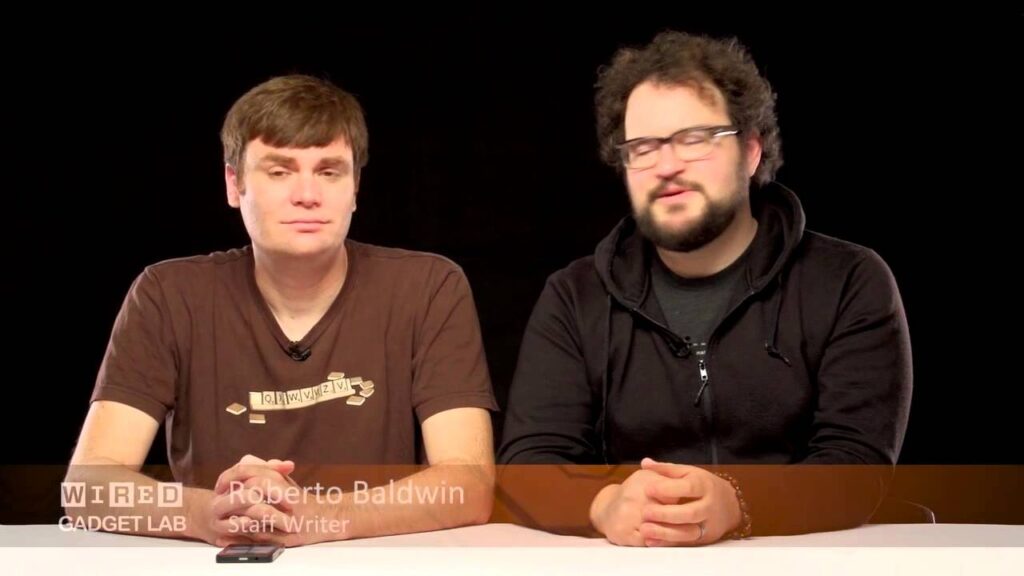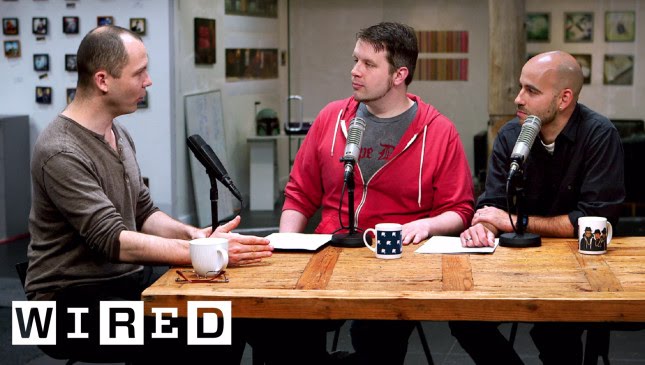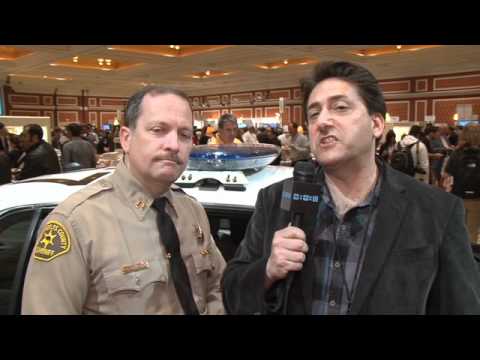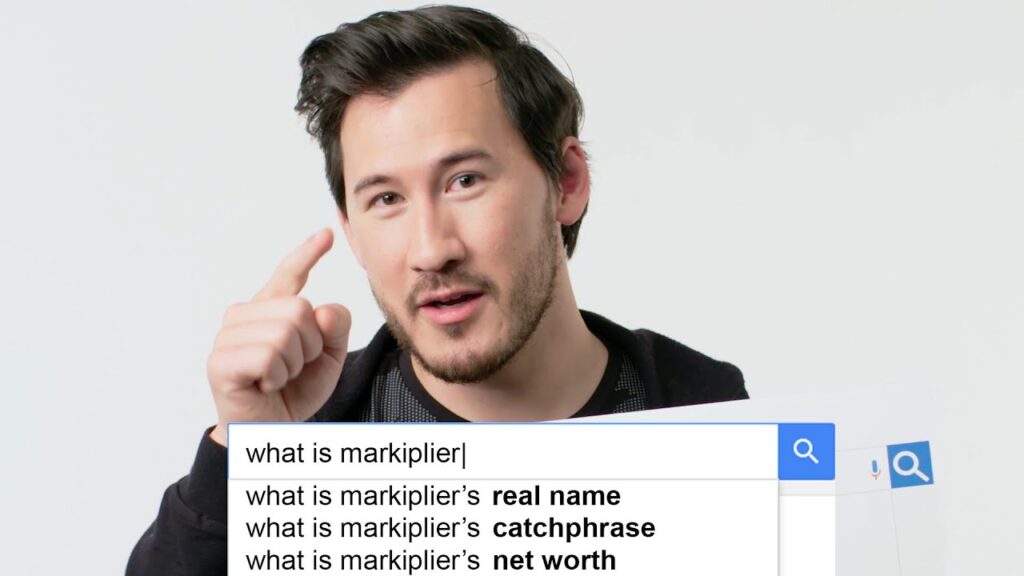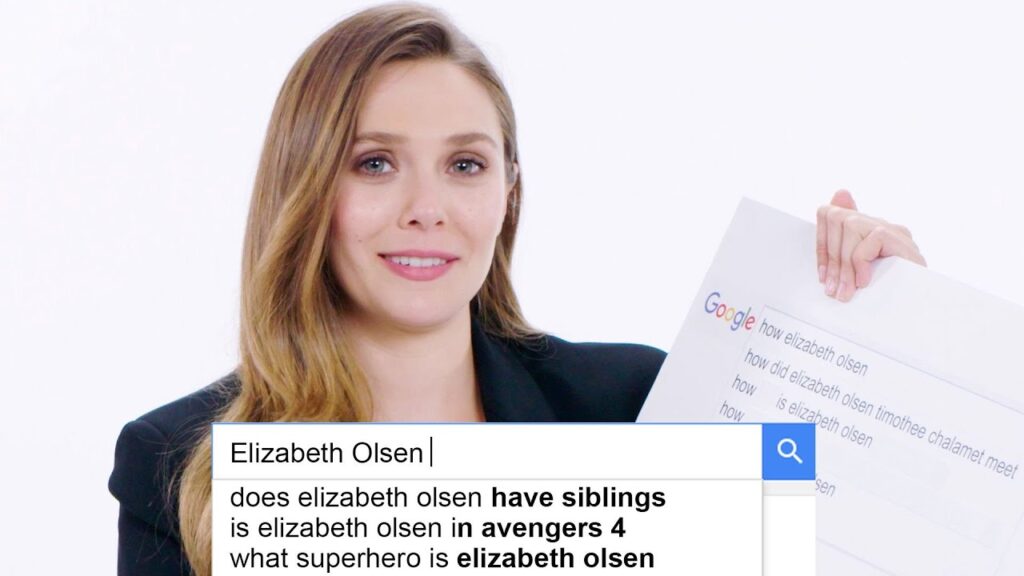Ensuring Accuracy in Courtroom Scenes on TV and in Movies
Summary
Lucy Lang is a former prosecutor and current executive director of the Institute for Innovation in Prosecution. She discusses the accuracies and inaccuracies of various clips from movies and TV shows related to courtroom procedures. Lang emphasises on the ethical and professional conduct expected from lawyers and the importance of not having witness outbursts in court. This article aims to provide a detailed analysis of the Q&A session with Lucy Lang where she shares her expert opinion on the accuracy of courtroom scenes portrayed in movies and TV shows.
Table of Contents
- The Fifth Amendment and Court Proceedings: A Closer Look
- Judges’ Ruling on Objections Raised During Legal Proceedings
- Delaying Legal Proceedings with a Motion for Continuance
- Ethical and Professional Conduct for Lawyers
- Accuracies and Inaccuracies of Expert Witnesses in Courtroom Scenes
- The Role of Character Witnesses and Jury Selection in Court
- Emotional Outbursts by Lawyers in Court
- Conclusion
Introduction
Movies and TV shows have often depicted courtroom proceedings, with a high level of drama and intensity. However, the reality of court proceedings can be different from what we see in these portrayals. It is essential to understand the accuracy of these depictions to ensure that the general public receives accurate information regarding courtroom procedures. In this article, we will be discussing a Q&A session with Lucy Lang, a former prosecutor and current executive director of the Institute for Innovation in Prosecution, who offers insights into the accuracy of courtroom scenes in movies and shows.
Q&A
The Fifth Amendment and Court Proceedings: A Closer Look
The Fifth Amendment has often been used in courtrooms scenes in movies and TV shows, where the defendant avoids self-incrimination. Lang was asked how accurate these depictions are. She responded that the Fifth Amendment exists to protect the defendant from self-incrimination, but taking the Fifth Amendment does not automatically lead to a presumption of guilt. It is essential to note that taking the Fifth Amendment can be used to avoid answering questions that could incriminate the defendant.
Judges’ Ruling on Objections Raised During Legal Proceedings
During courtroom scenes in movies and TV shows, objections are often raised to give the lawyer time to collect their thoughts or stop an improper question. Lang was asked about the role of judges in ruling on objections raised during legal proceedings. She responded that judges have to rule on objections since it is their responsibility to ensure that the court proceedings are fair. Rulings on objections may be challenged, but it is up to the judge to make the final ruling.
Delaying Legal Proceedings with a Motion for Continuance
In movies and TV shows, a motion for continuance is often used to delay legal proceedings. Lang was asked how accurate these portrayals are. She responded that while continuances and delays do happen, they are not as frequent as portrayed in movies and TV shows. Continuances are granted in case of emergencies or conflicts, but they cannot be used to delay the proceeding indefinitely.
Ethical and Professional Conduct for Lawyers
Lang emphasised ethical and professional conduct expected from lawyers in court proceedings. Lawyers are expected to abide by the law and ensure fairness for all parties involved. They should not talk about themselves or their beliefs while cross-examining a witness. Additionally, they should not use physical or verbal aggression against the witness or the opposing counsel during court proceedings.
Accuracies and Inaccuracies of Expert Witnesses in Courtroom Scenes
Expert witnesses are often called to testify in court proceedings in movies and TV shows. Lang was asked about the accuracies and inaccuracies of these portrayals. She responded by saying that an expert witness is someone who enjoys a special qualification in a specific field. It is the responsibility of the lawyer to ensure that the witness is qualified to speak on the matter at hand. The witness has to share their opinion based on their expertise and cannot bring hypothetical situations outside their expertise. Physical demonstrations cannot include the body of someone not present.
The Role of Character Witnesses and Jury Selection in Court
The role of character witnesses and jury selection is often portrayed in movies and TV shows. Lang was asked about the accuracy of these portrayals. She responded that a character witness can only testify about things that are at issue, and not unrelated or extraneous matters. Lawyers are prohibited from psychoanalyzing potential jurors, and peremptory challenges can only be used to strike potential jurors for non-protected categories such as race, gender or religion.
Emotional Outbursts by Lawyers in Court
Emotional outbursts by lawyers are a common occurrence in movies and TV shows. Lang was asked about the accuracy of these portrayals. She responded that emotional outbursts by lawyers rarely occur, and when they do, the lawyers try to control them. Additionally, jumping over the rail or any other outlandish behaviour is highly unlikely.
Conclusion
Accuracy is crucial when depicting courtroom proceedings in movies and TV shows. It is essential to understand the reality of court proceedings and not to rely on inaccuracies portrayed in entertainment media. Lucy Lang’s insights offer a clear analysis on the depictions of courtroom proceedings seen in popular media, emphasising the importance of ethical and professional conduct expected from lawyers. The accuracy of courtroom scenes may not always make for excellent entertainment, but it can help to provide the general public with a better understanding of legal procedures.
